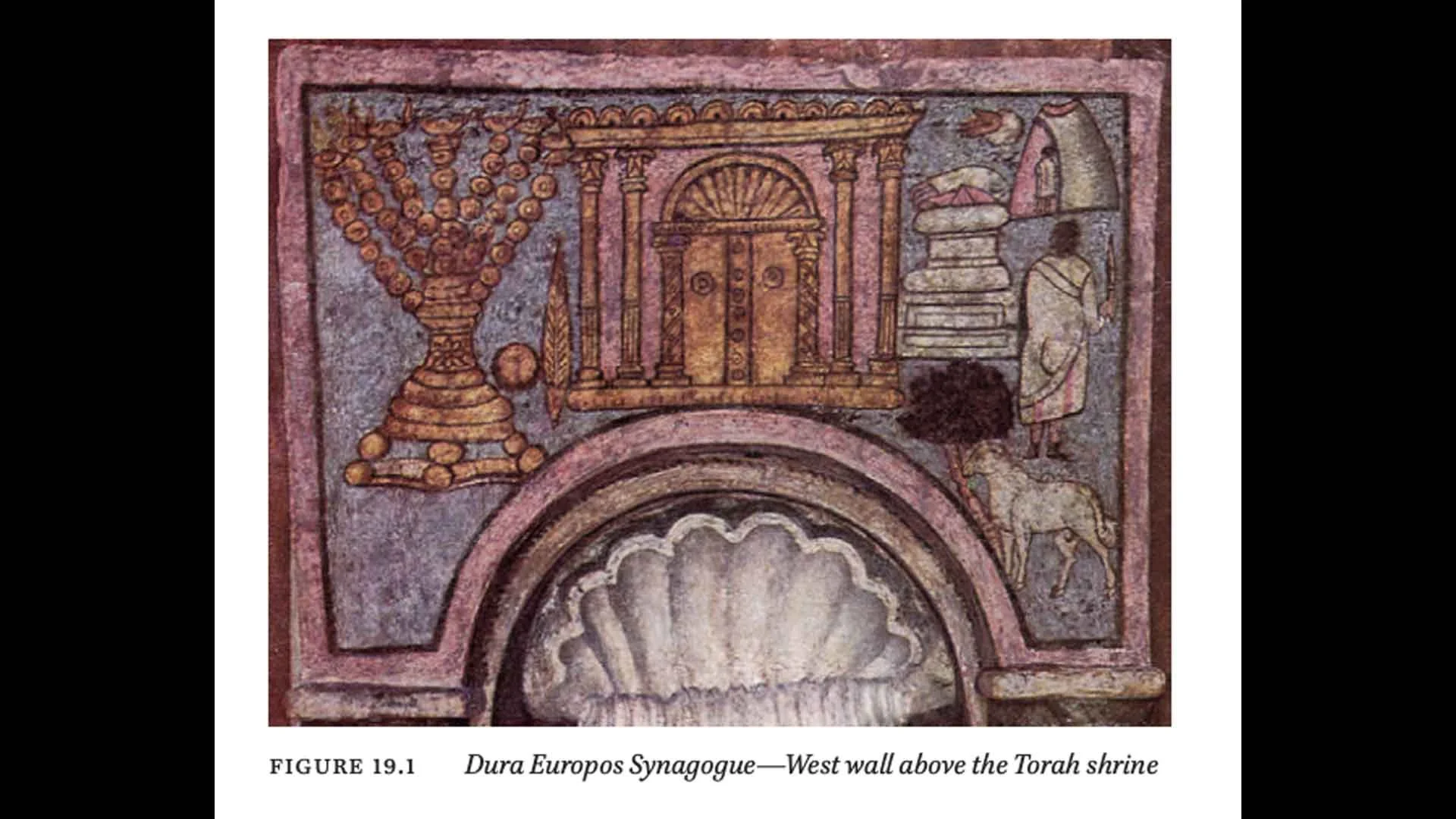For the source text click/tap here: Zevachim 14
To download, click/tap here: PDF
We learned on yesterday’s daf that according to Rabbi Shimon, holakha – carrying the blood – is not an essential avoda. The argument that he made was that the sacrifice cannot be brought without slaughtering the animal, collecting its blood or sprinkling its blood. Nevertheless if the sacrifice is slaughtered next to the altar, near the ulam (the hall leading to the Temple), then carrying the blood may not be necessary since the sprinkling can be done from there.
Reish Lakish points out on our daf that Rabbi Shimon would admit that in cases of sin-offerings that must have their blood sprinkled on the inner altar, holakha is an essential avoda. Since the animal cannot be slaughtered inside the Temple itself, the act of carrying the blood inside cannot be done in any other way.
We examine the complex relationship between temporal consciousness and ritual validity in rabbinic sacrificial discourse, focusing on a passage from Tractate Zevachim concerning piggul(ritual abomination) and temporal transgressions.

